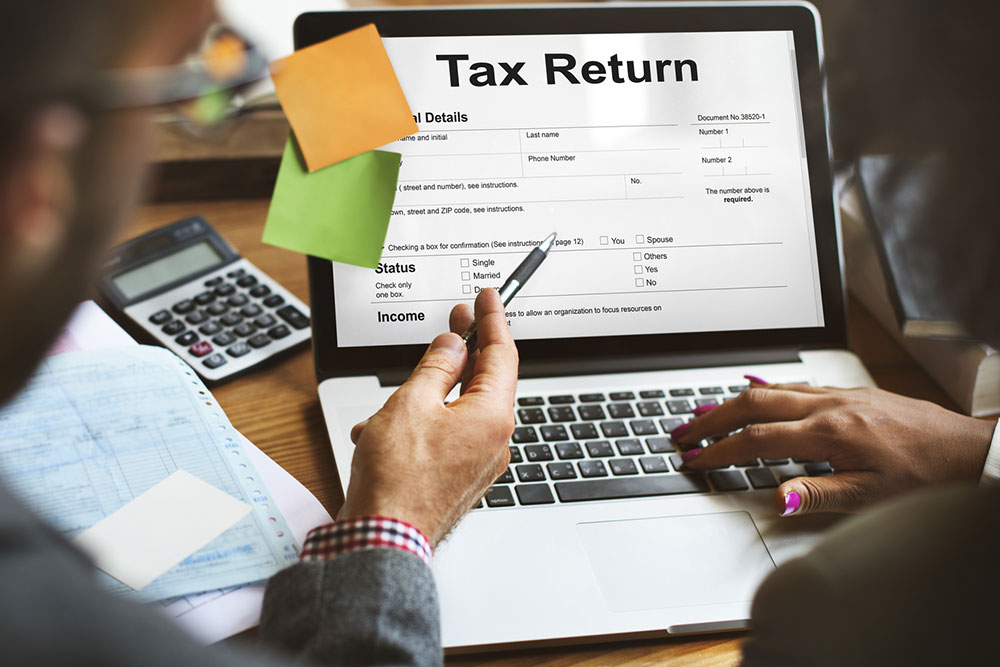5 charitable donations that qualify for tax deductions

The holiday season is right here, and it’s a great time for giving. Giving doesn’t just have to be limited to gift exchanges; it can also include donations to those who are less fortunate. Not only do these donations make a positive impact on the lives of others, but many of them are also eligible for tax deductions. To help people maximize their donations and receive the full tax benefits, this article lists five tax-deductible charity gifts to consider.
Cash
Cash donations are the most popular types of tax-deductible charitable donations. Donors can make these payments through cash, credit, or debit cards. If the donations are made to a qualifying organization, they can deduct them on Schedule A. However, one needs to file them as itemized deductions, and they are typically limited to a percentage of the annual gross income.
Stocks and bonds
Several non-profit organizations accept stocks and bonds as donations. Since these are tax-deductible and do not tack on capital gains taxes, they tend to result in higher donations. In most cases, they are immediately liquidated to improve cash flow within the charitable organization. However, it is important to note that these tax deductions may look different for everyone based on the organization donated to and one’s adjusted gross income.
Clothing, appliances, and other household items
Clothing, used furniture, books, shoes, and other household items that are in “good” condition may also be considered for tax deductions when donating to non-profit organizations such as Goodwill. According to federal guidelines, these deductions must be itemized and valued. Details regarding the same can be found on the IRS website.
Donors deducting $500 or more from their tax claims must also fill out Form 8283. For donations exceeding $5000, donors are required to attach an appraisal of their items.
Patents, copyrights, and other intellectual property
Intellectual property (IP) refers to the creations of the mind that grant users exclusive rights over their creations or inventions. IP can be donated to charitable organizations, which are eligible for tax deductions. Common forms of donated IP include copyrights, domain names, patents, and trademarks. There are two distinct ways in which such donations can be claimed:
- The donor receives the full face value of the intellectual property as a tax deduction or
- The donor continues to receive tax benefits based on royalties and other monetary gains received by the intellectual property.
Real estate and land
Real estate donations made to charitable organizations also qualify for tax deductions. These could include vacant land, industrial or residential complexes, land contracts, commercial property, or timeshares. For individual real estate donors, property that has been held for over one year (long-term capital gain property) qualifies for a deduction of the full fair market value of the property. Different rules may apply for corporate, partnership, and LLC donors. It is advisable to speak to a qualified tax professional to gain insights.






